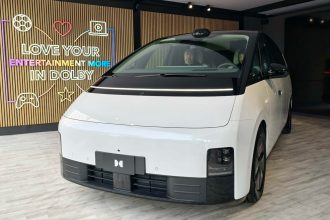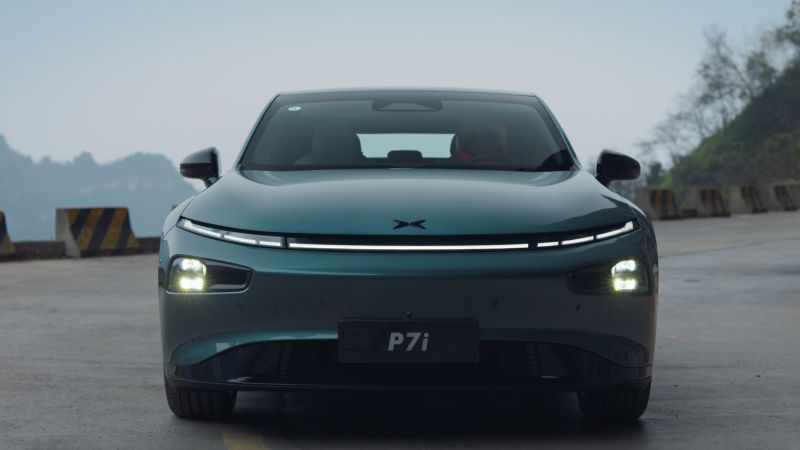Shares in Volvo Cars tumbled as much as 13% Friday to hit a record low after its biggest shareholder Geely sold part of its stake at a discount to the market value.
China’s largest privately owned carmaker said it had taken the decision to sell 100 million Volvo Cars shares to increase the size of the free float — the proportion of shares available to be traded by the public — as a way to “enhance” the Swedish company’s value.
Jim Rowan, CEO of Volvo Cars, said in a statement: “This increase in our public float and improvement in trading liquidity benefits both new and existing investors. It allows a wider base of shareholders to invest in (the company).”
In a subsequent statement, the Chinese firm, which acquired Volvo Cars in 2010, said it had generated around $350 million from the sale. That means the shares would have sold for about 37 Swedish crowns each, a discount of nearly 10% to their closing price of 40.84 on Thursday.
The transaction reduced Geely’s stake in Volvo Cars by just over 4%. Once the sale is completed on November 21, that stake is expected to amount to 78.7%, Geely said in the statement. The proceeds will be used to fund Geely’s global business development, it added.
The attempt to boost the value of Volvo Cars’ stock — which has fallen almost 23% year-to-date — seems to have backfired, at least in the immediate term. The firm’s shares traded down 11% on the day by 10.21 a.m. ET.
Daniel Donghui Li, chief executive of Geely, described Volvo Cars as “one of the world’s fastest-growing carmakers and most iconic car brands” and said Geely was “steadfast” in its commitment to supporting the Swedish company in “its transformation towards becoming a fully electric car maker.”
In 2021, after resistance from investors, Geely scrapped plans to merge with Volvo Cars, which would have created the first Chinese automaker with true global reach. Geely said at the time that the two companies would keep their independent corporate structures but would partner on electric and autonomous driving technology.
Read the full article here





